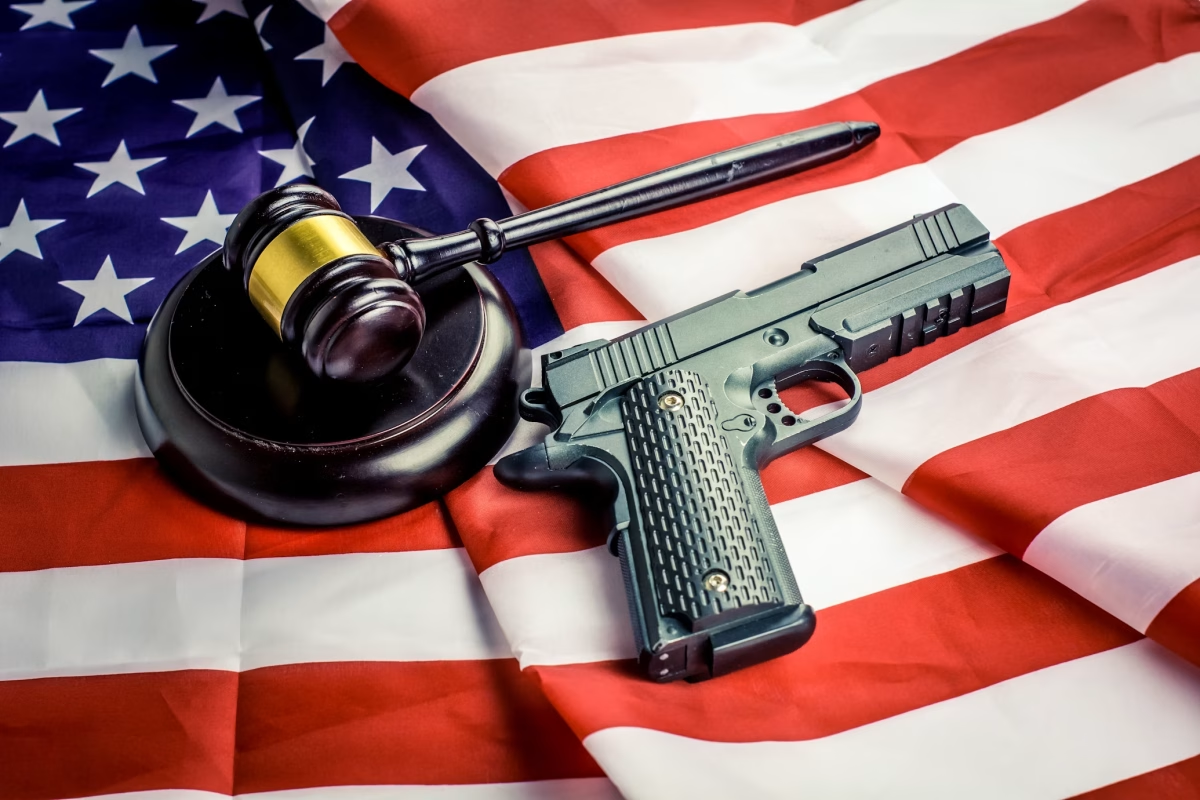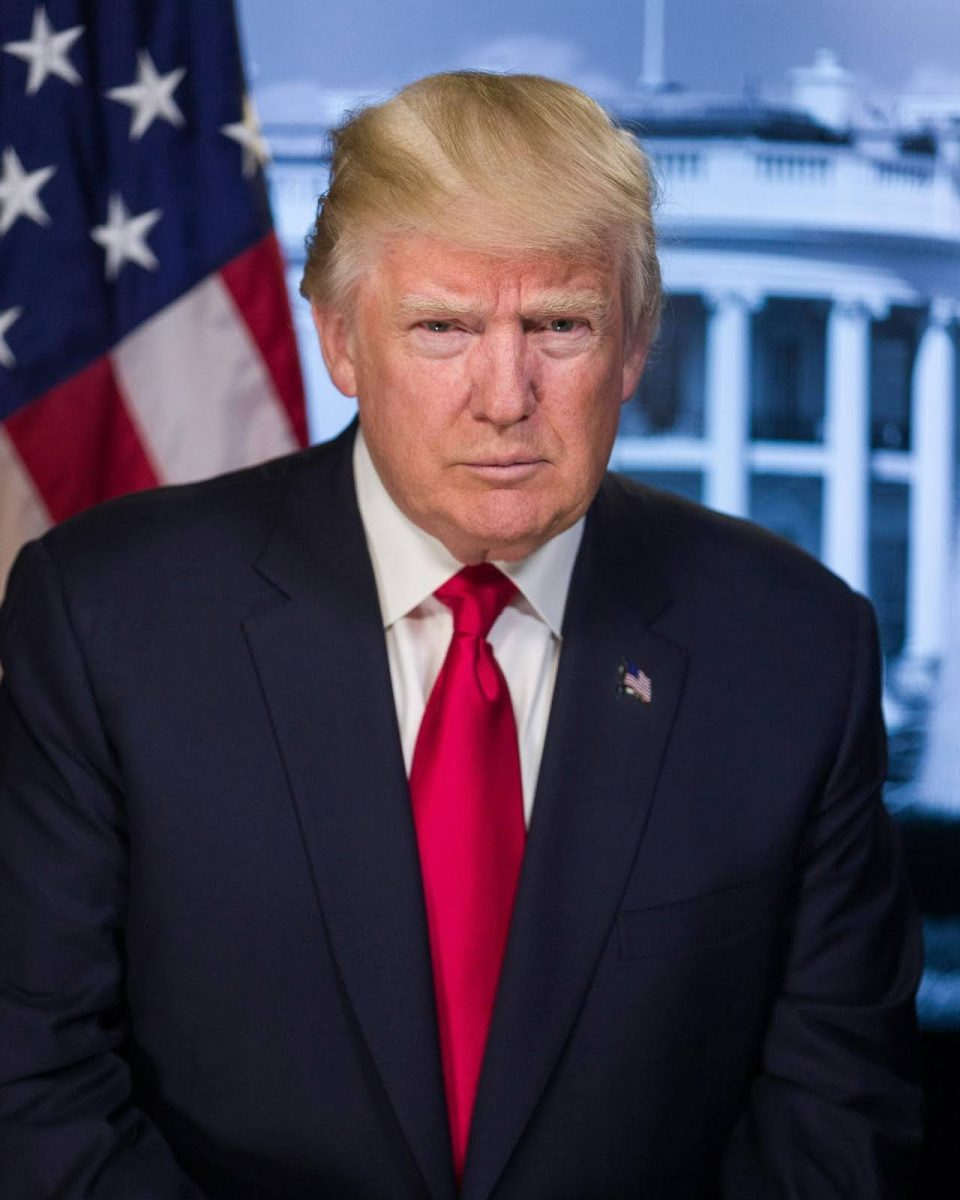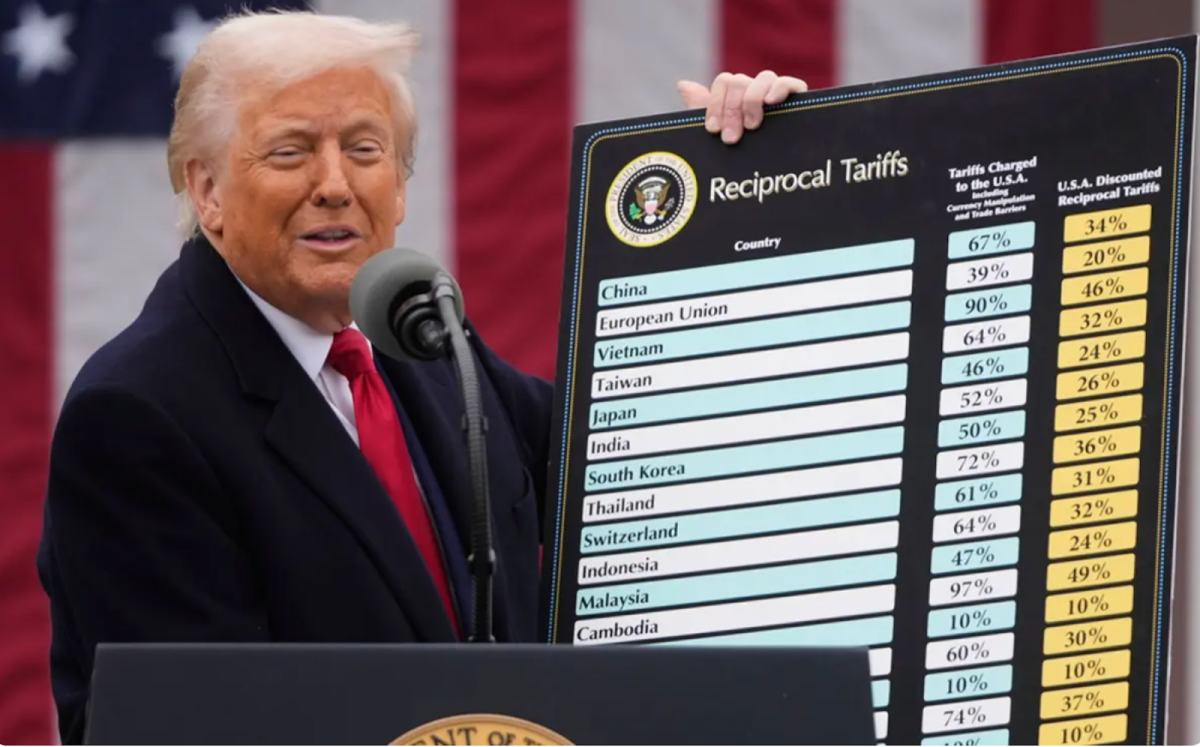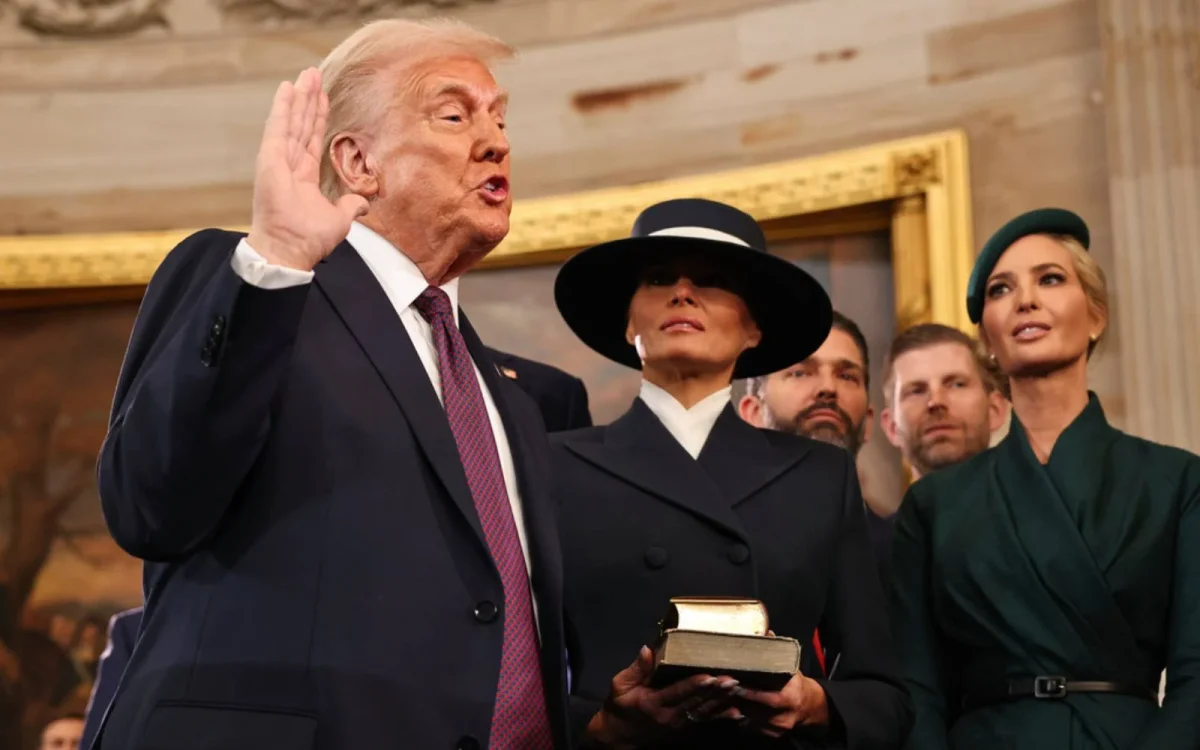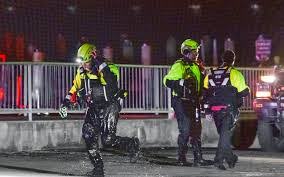
Responsibility, the basic expectation that when you make a mistake, you dare to acknowledge your error and have the moral caliber to make amends and correct them, is a trait that almost every civilization in the archives of history has expected from its leadership.
Marcus Aurelius, the Roman philosopher-king, once said, “It is the responsibility of leadership to work intelligently with what is given, and not waste time fantasizing about a world of flawless people and perfect choices.”
Lao Tzu, an ancient Chinese philosopher, once said, “A leader is best when people barely know he exists; when his work is done, his aim is fulfilled, they will say: we did it ourselves.”
Umar Al-Farooq, a leader from the Islamic golden age, once said, “Account yourself before you are brought to account.”
Immanuel Kant, a well-known Enlightenment philosopher, once said, “Act only according to that maxim whereby you can, at the same time, will that it should become a universal law.”
George Washington, the first president and one of our beloved founding fathers, once said, “Remember that it is the actions, and not the commission, that make the officer, and that there is more expected from him, than the title.”
President Trump once tweeted, “Leadership: Whatever happens, you’re responsible, if it doesn’t happen, you’re responsible.”
As students, we practice responsibility when we prepare for tests. Our professors practice it when they teach their students and do their best to impart wisdom and knowledge. Our campus police officers practice it when they work hard to ensure our daily safety and security.
If this basic virtue of responsibility in leadership is agreed upon by this sample of such a diverse array of history’s most accomplished civilizations and is applied in our personal lives, surely we can agree on its importance in our government regardless of our other disagreements.
I say this, because in the aftermath of the tragic midair collision of a Black Hawk helicopter and a Jet that occurred on January 29th killing 67 Americans, our leadership’s response was revealing.
We would expect a president to have the moral courage to acknowledge their role in the FAA’s declining turnover rates and request that Congress increase funding to address this issue.
Instead, this administration has taken an idealistic, partisan approach—purging experienced technocrats and replacing them with loyalists. This was evident in the forced resignation of the FAA director by Elon Musk on January 20th and the disbanding of the safety advisory committee on January 22nd.
For example, the FAA has been plagued by staffing shortages. According to CBS, 90% of U.S. airport terminal towers are understaffed.
Afterward, in good character, the leader president make an effort to comfort the families who lost that day with condolences and an apology to all Americans for the tragedy. However, Trump’s response was anything but that, demonstrating a lack of moral responsibility expected from a leader.
Instead, President Trump and Vice President Vance refused to take any responsibility or enact any changes, spreading a lie blaming former President Barack Obama, DEI, and a small number of Federal Aviation Authority staff who suffered from physical impairments for the tragedy, blaming our most vulnerable fellow Americans, showcasing they didn’t have the courage to take ownership as the most powerful leaders in our nation.
More specifically, Trump cited DEI programs that advocated for people with “Hearing, vision, missing extremities, partial paralysis, complete paralysis, epilepsy, severe intellectual disability, psychiatric disability, and dwarfism.”
For starters, the agency’s DEI program does not say that. It called for the FAA to provide “reasonable accommodations” and enhance workplace diversity, it didn’t call for replacing aviation staff with paralyzed people. Nevertheless, the DEI program he attacked was implemented under his administration’s leadership in 2019, not during Biden’s or Obama’s administrations.
Even in the world he describes where the majority of people who manage federal aviation suffer from paralysis or other tragic ailments, Trump still wouldn’t take responsibility for actions under his oversight.
Trump continued his partisan approach to governance, purging experienced technocrats and replacing them with loyalists. This resembles the corrupt spoils system of the Gilded Age.
Moreover, no changes were made after the tragedy, Trump didn’t even bother to visit the families that were victimized, showing that he didn’t have the decency to make amends for the common good.
All I can conclude is that the president lied about this tragedy and refused to accept responsibility, make amends, or enact changes to increase turnover rates and funding because he doesn’t care about leading Americans and improving their lives.
At the American people’s expense, Trump occupies the Oval Office only for himself.
Therefore, given these unfortunate circumstances for our nation due to an executive branch that has failed to meet the time-tested standard of responsibility in leadership, before you cast your vote—whether in a primary or the general election—ask yourself: Does this candidate have the courage and integrity to take responsibility in times of crisis?
If the answer is no, then it’s time to demand better leadership. America deserves it. We deserve it


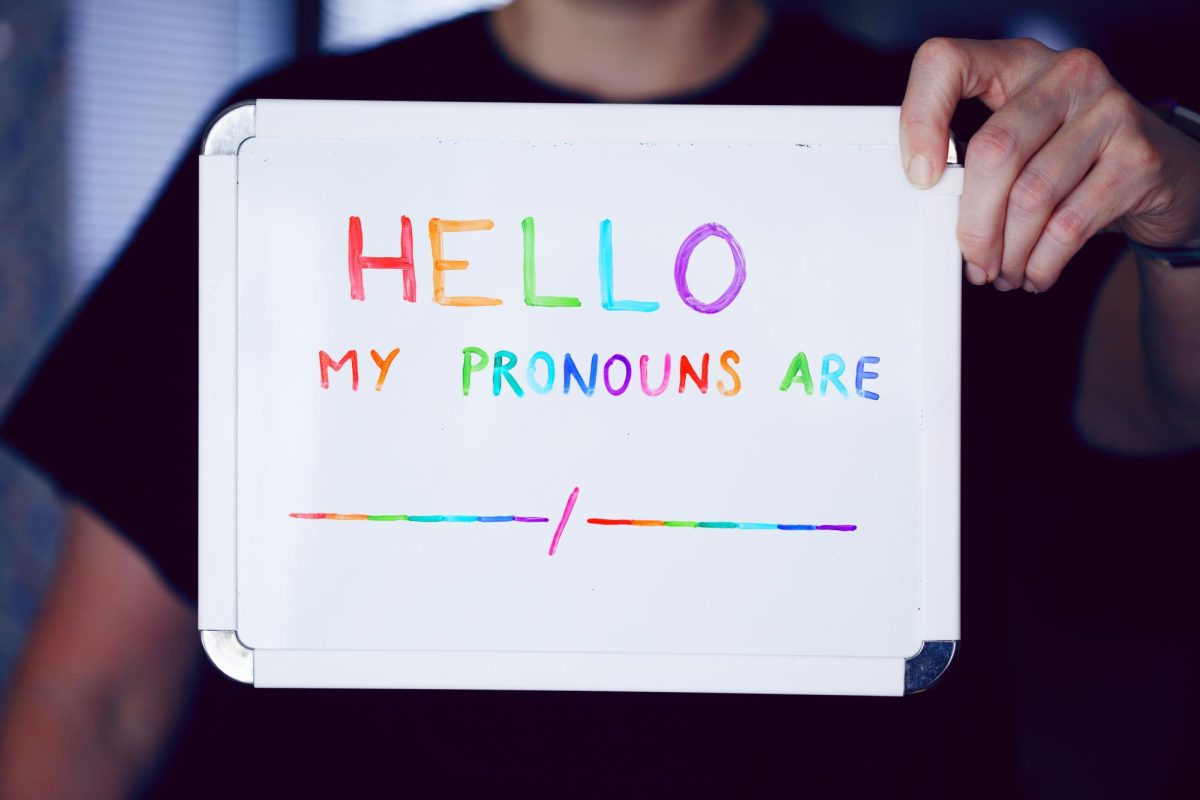
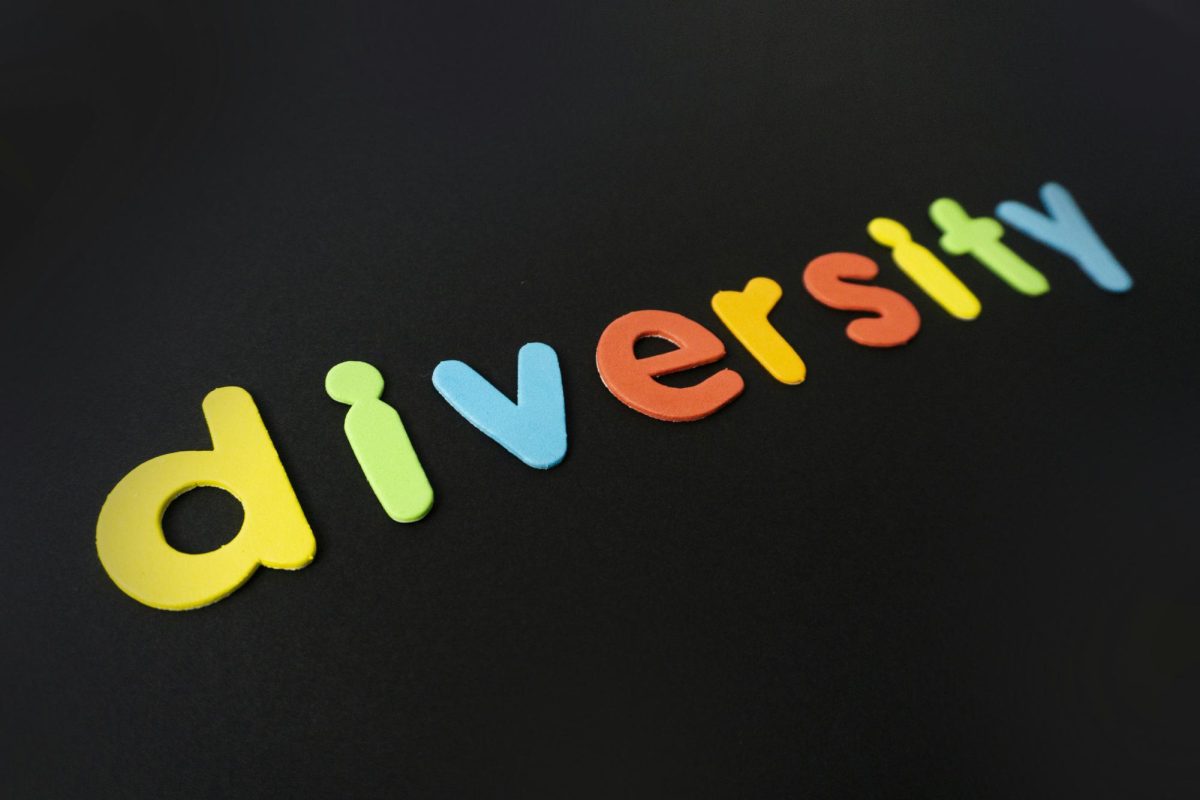



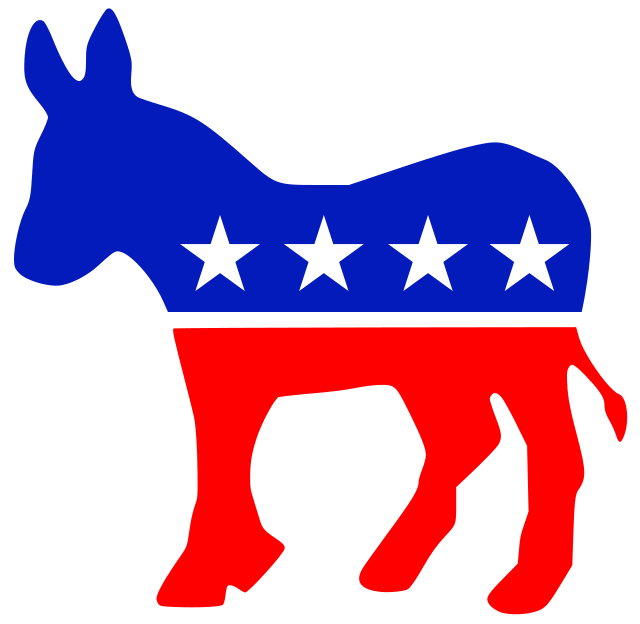


![The Downfall of Taylor Swift: AI, ‘The Life [and Demise] of a Showgirl’](https://comenian.org/wp-content/uploads/2025/10/unnamed-6-1.jpg)



